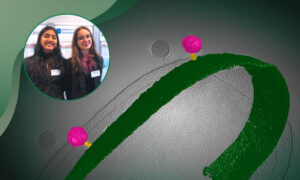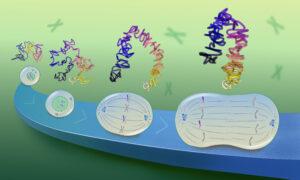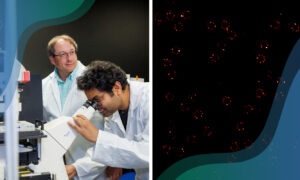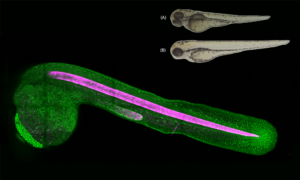
Machine learning discoveries honoured with 2024 Nobel Prize for Physics
The prize was awarded to John J. Hopfield and Geoffrey Hinton for their seminal contributions to the foundational methods that enabled the development of machine learning.
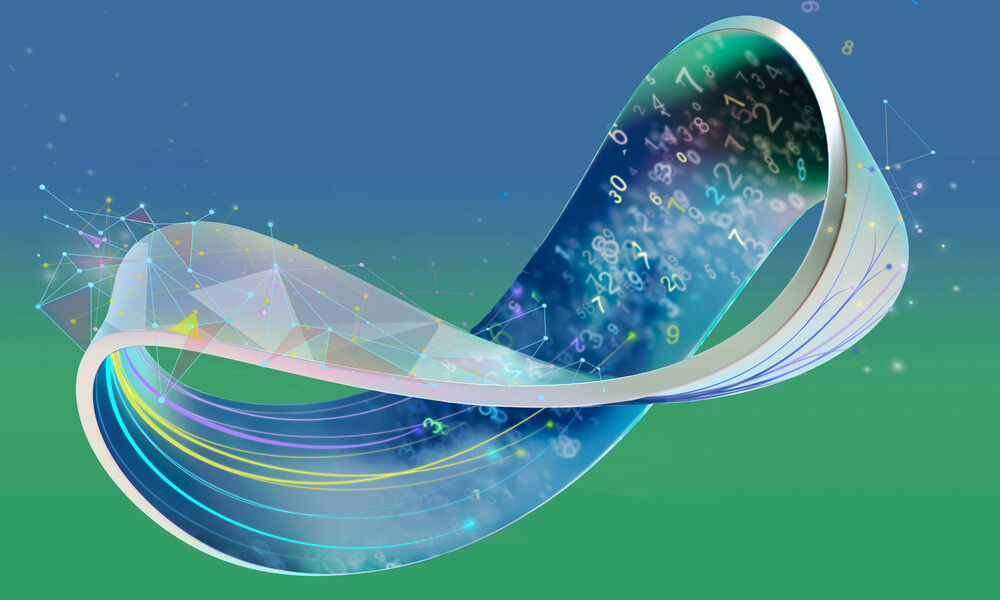
John J. Hopfield, Princeton University, USA, and Geoffrey E. Hinton, University of Toronto, Canada have been awarded the 2024 Nobel Prize for Physics. The award recognises their seminal work in developing foundational methods that form the basis for today’s machine learning technologies and artificial neural networks.
The two awardees used principles from physics to train artificial neural networks capable of recognising patterns and learning from data. The discoveries contributed greatly to the current expansion and explosion in machine learning approaches and artificial intelligence (AI) methods. These approaches have found applications in diverse fields, such as particle physics, life sciences, astrophysics, and chemical engineering, as well as in the everyday use of computers.
AI and machine learning in the life sciences
EMBL is today contributing to and driving the development and application of AI tools for life-sciences research, in addition to advancing new AI methods, particularly in structural biology, omics, and imaging.
The many recent advances in machine learning and artificial intelligence would not be possible without large volumes of high-quality data required to train these models. In the life sciences, the culture of openly sharing data, especially through EMBL’s open data resources, has enabled researchers to develop machine learning tools to answer fundamental questions, such as how proteins fold, and support practical applications such as interpreting biological images to help diagnose medical conditions.
One example of such applications – cited by the Nobel Prize for Physics background document as “so far, the most spectacular scientific breakthrough using deep learning artificial neural networks methods” – is AlphaFold, an AI tool which can accurately predict protein structures. AlphaFold was trained using decades-worth of research data generated by scientists worldwide and made openly available in EMBL’s open data resources.
We congratulate John J. Hopfield and Geoffrey E. Hinton, for this important recognition, and look forward to the field of AI and machine learning continuing to evolve, especially in the areas of life sciences and biomedical applications.
